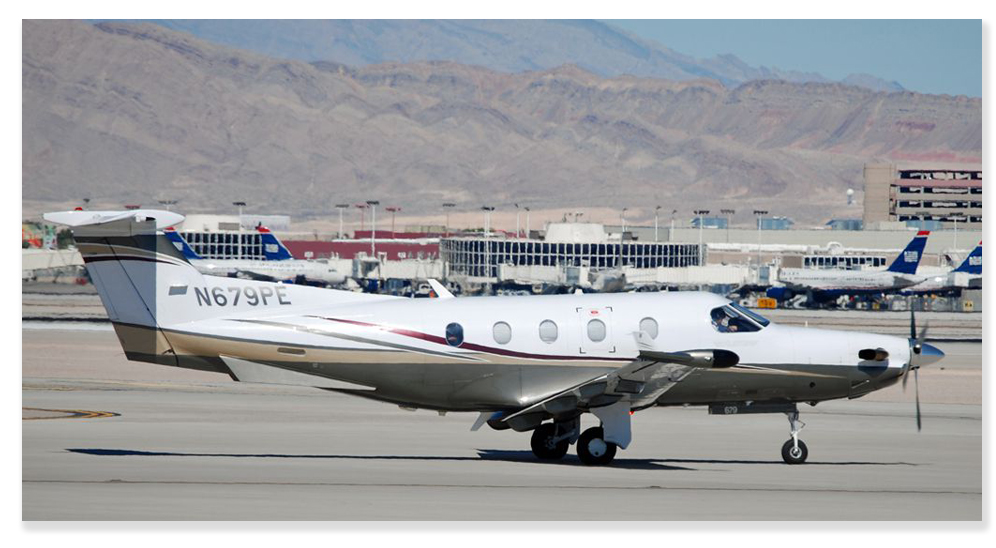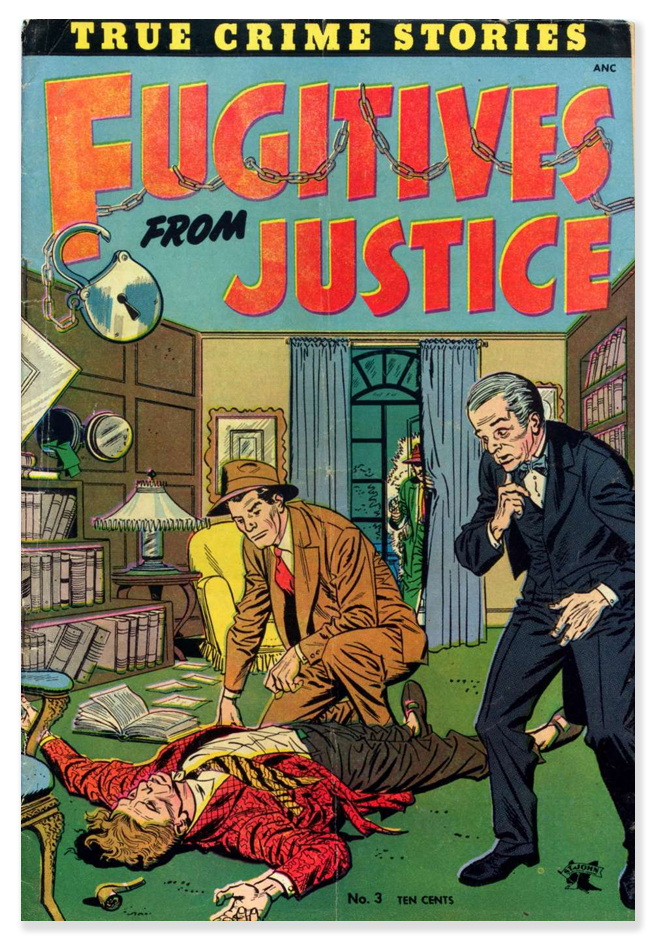We’re still doing a weekly newsletter… we’re just posting pieces of it every day. The news is fresher this way…
SOUTH OF THE BORDER

Pablo Zarate Juarez was a guy who used to travel in style. With family living in the United States, as well as substantial business interests here, Pablo found it most efficient to travel back and forth between here and his Mexican home base in a Pilatus PC-12.
The PC-12 is just a single engine airplane, but don’t let that fact fool you. The Swiss-built aircraft is all business, and pretty sweet to boot. It sports a 1,200-hp turboprop up front, and can carry 9 people in pressurized comfort, cruising at 30,000 feet with over 310 mph of airspeed. The PC-12 was the perfect choice for a high flier like Pablo. In fact, he used it to cross the border about 100 times in fewer than three years, shuttling back and forth between businesses and family commitments.
Unfortunately, some of the business may have run afoul of parts of federal law, the parts that deal with controlled substances. All of Pablo’s trans-border travel came to a screeching halt in June 2012, when his PC-12 was seized as part of a drug investigation. Luckily for Pablo, he apparently was not with the PC-12 when it was detained. He was in Mexico, where he chose to stay.

The Government filed a civil action to forfeit the PC-12. And why not? PC-12s sell for about $4.8 million new. With that kind of price tag, Pablo kind of wanted it back, so he filed a claim for the plane individually and on behalf of a couple of limited liability companies in which he had an interest. Meanwhile, the Feds indicted Pablo on money laundering conspiracy and bank fraud charges related to the civil forfeiture of the aircraft.
The Government asked the court to dismiss Pablo’s claims for the aircraft under the fugitive disentitlement statute, 28 U.S.C. § 2466, which prevents a claimant who is a fugitive from justice from contesting a civil forfeiture. The district court dismissed Pablo’s claims under § 2466.
The fugitive disentitlement doctrine, although itself not statutory, is well established in federal common law. The doctrine holds that pending appeals of escaped prisoners will be dismissed, and “is a longstanding and established principle of American law.” Estelle v. Dorrough, 420 U.S. 534, 537 (1975) The notion is that a defendant’s refusal to surrender to authorities “disentitles him to call upon the resources of the Court for determination of his claims”.
 Last week, the 5th Circuit affirmed dismissal of Pablo’s claims. The “fugitive disentitlement doctrine” never applied to civil forfeiture cases until Congress resolved the issue by enacting 28 U.S.C. § 2466. The statute permits a judge to “disallow a person from using the resources of the courts of the United States in furtherance of a claim in any related civil forfeiture action or a claim in third party proceedings” if the person knows a warrant has been issued for criminal prosecution, but either purposely leaves the United States; declines to enter the United States to submit to its jurisdiction; or otherwise evades the jurisdiction of the court in which a criminal case is pending against the person. The law may be applied to a company in which the fugitive has a substantial interest as well.
Last week, the 5th Circuit affirmed dismissal of Pablo’s claims. The “fugitive disentitlement doctrine” never applied to civil forfeiture cases until Congress resolved the issue by enacting 28 U.S.C. § 2466. The statute permits a judge to “disallow a person from using the resources of the courts of the United States in furtherance of a claim in any related civil forfeiture action or a claim in third party proceedings” if the person knows a warrant has been issued for criminal prosecution, but either purposely leaves the United States; declines to enter the United States to submit to its jurisdiction; or otherwise evades the jurisdiction of the court in which a criminal case is pending against the person. The law may be applied to a company in which the fugitive has a substantial interest as well.
Pablo said he wasn’t really staying away from the United States. He just happened to be in Mexico. The Court didn’t buy it, noting that he was coming here all the time until the plane was seized.
Pablo said his due process rights were being violated, because he was forced to choose to forgo entering the United States to fight the civil forfeiture of the plane or to come to fight the seizure and face criminal prosecution, without being able to avail himself of the Mexico-United States extradition treaty. But the Court said that because the U.S. had not asked for extradition, Pablo had no rights to claim under the treaty.
The Court said that because the record supported a finding that Pablo remained outside the United States to intentionally avoid criminal prosecution, § 2466 required that his claim be dismissed.
United States v. 2005 Pilatus Aircraft, Bearing Tail No. N679PE, Case No. 16-40298 (5th Cir., Oct. 3, 2016)

